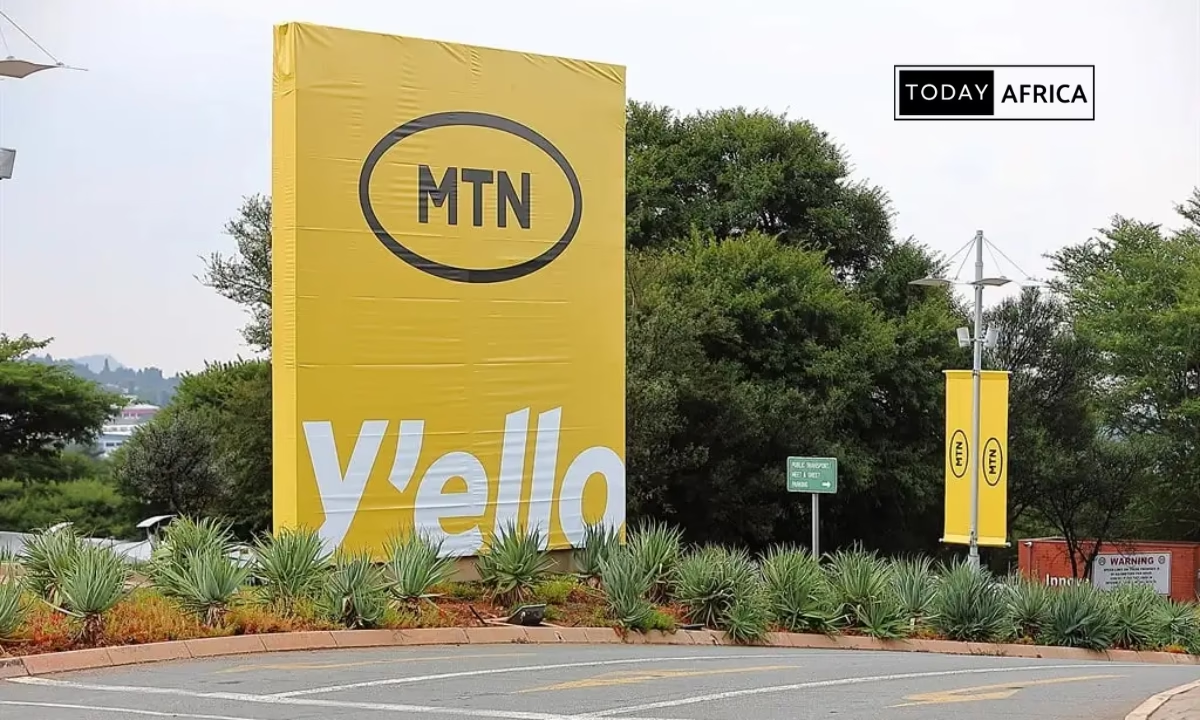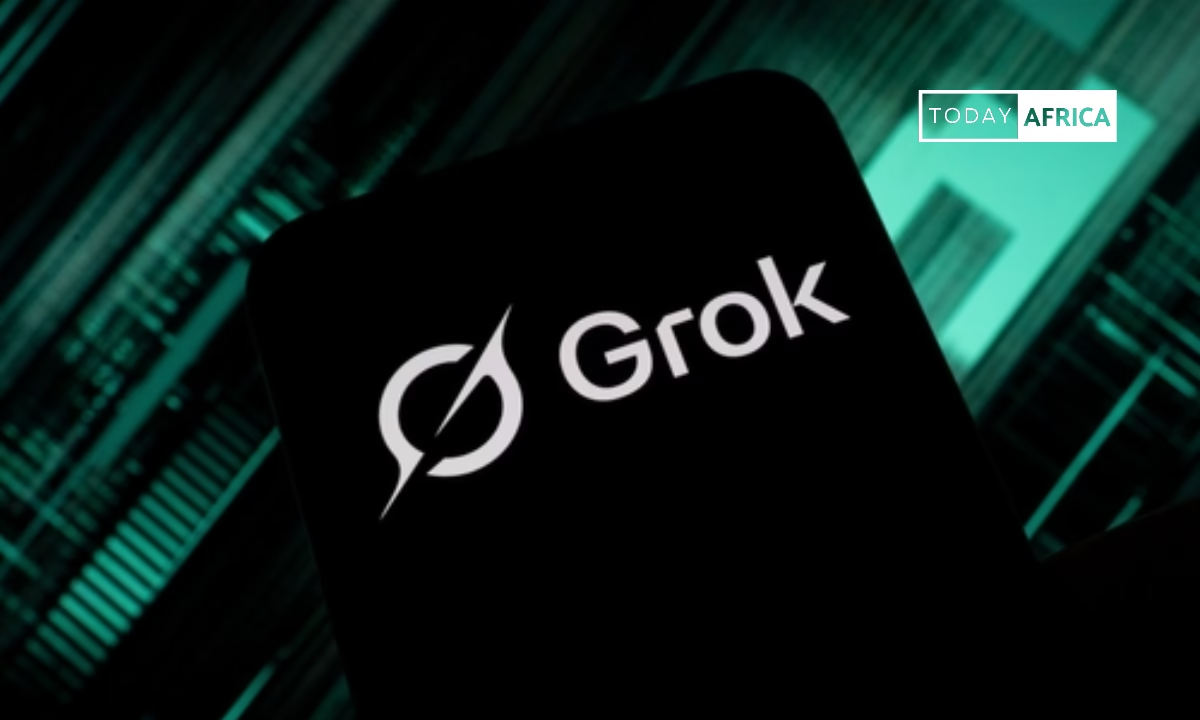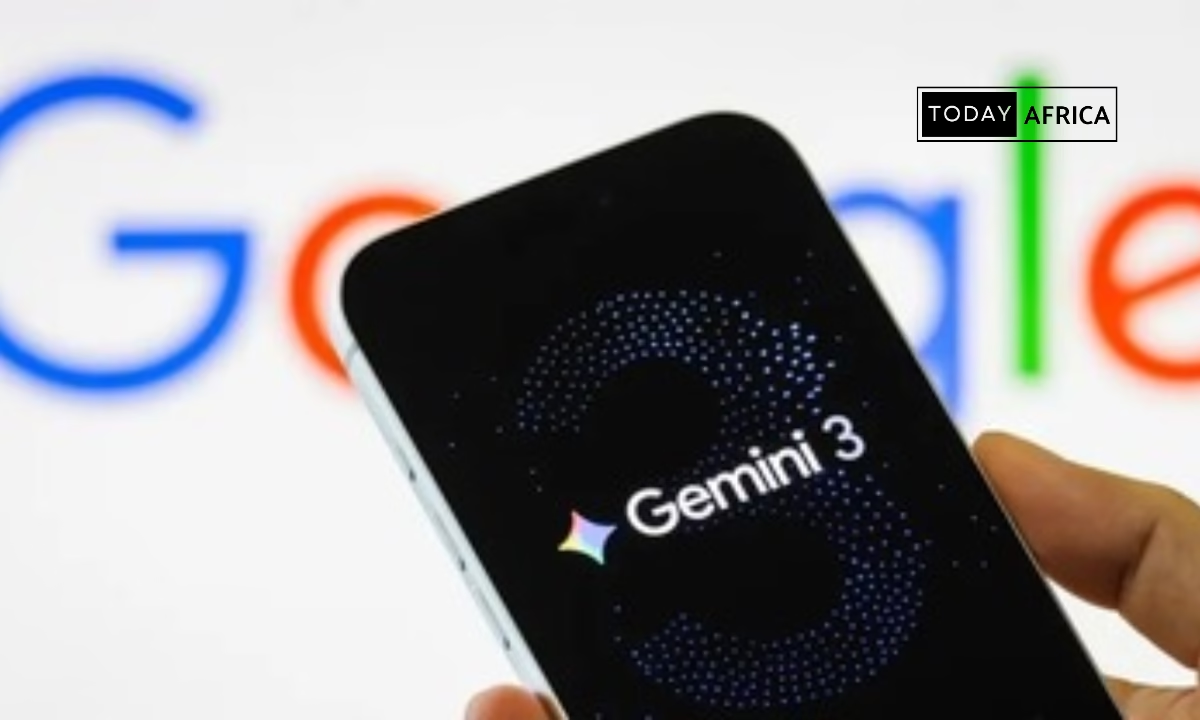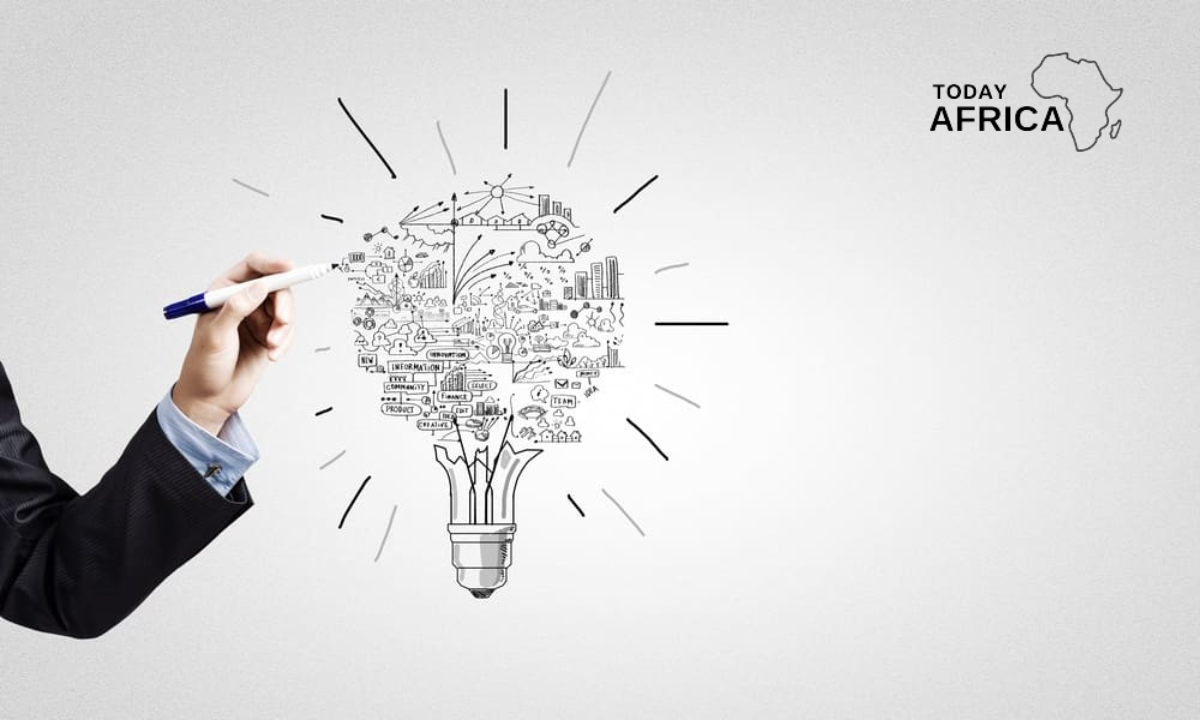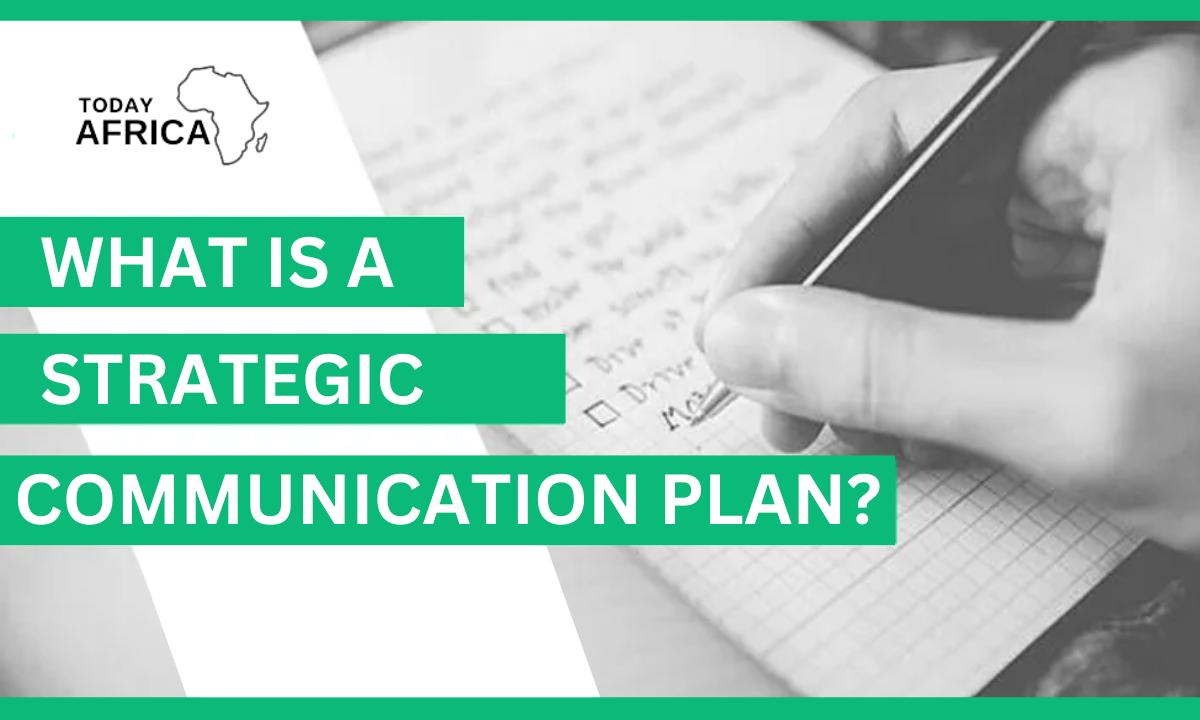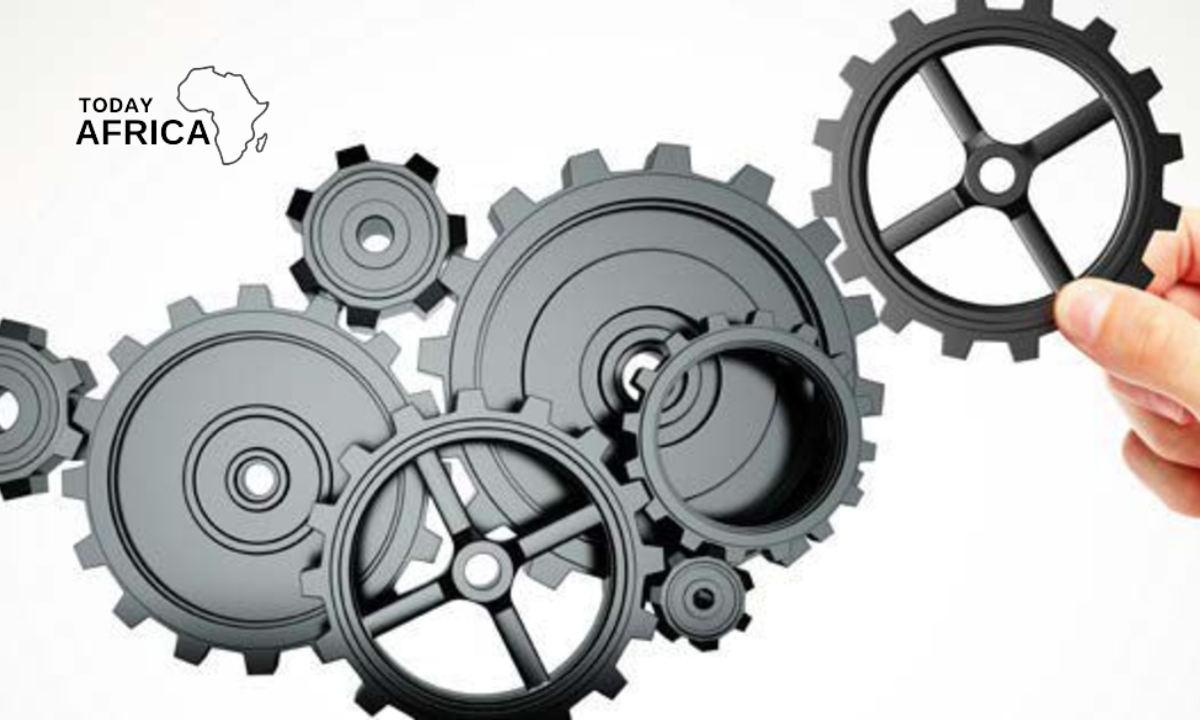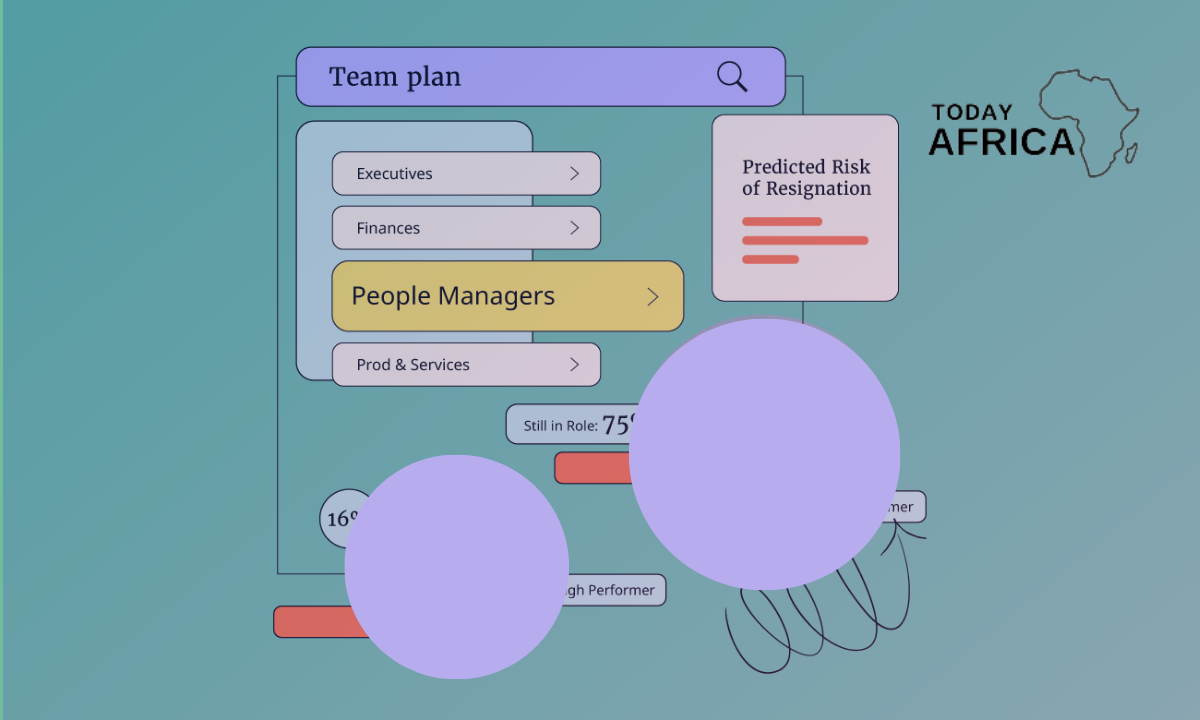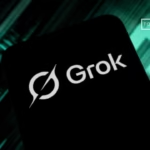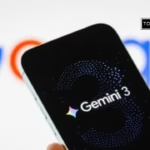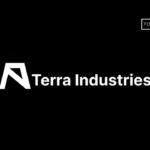Today, there’s a wide range of free tools for entrepreneurs available to help them handle everything from customer service to financial management, all without breaking the budget.
With the right tools, even a solo founder can look and operate like a million-dollar company, speeding up invoicing, marketing, and staying organized.
In this article, we’ll discuss 10 free tools for entrepreneurs that will help you simplify messaging, payments, design, productivity, and more, so you can save money and look professional while you grow.
10 Free Tools for Entrepreneurs
1. WhatsApp Business
WhatsApp isn’t just for friends – it’s a business lifeline across Africa. The free WhatsApp Business app lets entrepreneurs set up a professional profile (with shop details and hours), automated greetings, quick-reply templates, and even a product catalogue.
Many African customers already live on WhatsApp, so using it to chat or send order confirmations meets them where they are. It’s estimated that over 200 million people use WhatsApp in Africa. This number is based on data from individual countries and extrapolations from global trends.
By switching to WhatsApp Business (not personal WhatsApp), you can label chats by customer, send broadcast promotions, and look more legitimate – and all for free. Entrepreneurs can download WhatsApp Business on any smartphone, so orders and questions stay organized on the go.
Business messaging features
With WhatsApp Business you can create an instant business profile – complete with your logo, address, and hours – so customers trust your brand. You also get free tools like automated greetings, FAQ shortcut replies, and a product catalog to showcase items.
These features let you give quick, professional service by phone or chat. For example, a quick auto-reply can acknowledge each new customer message, or you can set away notices when you’re offline.
All messages are end-to-end encrypted (just like normal WhatsApp), so it’s both easy and secure to use.
So, whether you’re taking orders for market produce or sending trip updates to clients, WhatsApp Business is a no-brainer, mobile-ready solution – and it won’t eat into your data plan or budget.
2. Paystack
Accepting digital payments is crucial, and Paystack makes this quick and free to set up. Paystack is a Nigerian-born payment gateway (also used in Ghana, Kenya, South Africa, and beyond) that lets African businesses accept credit card, bank transfer, and mobile money payments online.
You can create a free Paystack account in minutes and start collecting payments through your website, Instagram DM, or even a simple payment link.
The Paystack platform promises “fast set up. Quick payouts,” and no monthly fees – you only pay a small transaction charge per sale. It’s widely trusted too: over 200,000 businesses across Africa use Paystack to get paid quickly.
Easy online payments
Once you register on Paystack (again, free to join), you can design a checkout form or even just copy a payment link to send to customers. Paystack supports all major cards, as well as local methods like USSD, mobile money, and QR payments.
It even integrates with popular platforms like WooCommerce, Shopify and WordPress, so you can plug it into your online store for no extra cost. This means you can sell things on Instagram or Facebook and still accept secure payments via Paystack.
Every successful payment triggers an instant payout to your bank account in a couple of days. In practice, small businesses report cash speeds dropping from two weeks of waiting to 2–3 days once they start using Paystack.
In short, Paystack turns your phone or website into a 24/7 checkout – all for free to start.
Read Also: 25 Free Google Tools For Your Business This Year
3. M-Pesa & Mobile Money
For entrepreneurs across Africa, mobile money apps are game-changers. Services like M-Pesa (Kenya, Tanzania, etc.), Orange Money (West Africa), and MTN Mobile Money (multiple countries) let people send and receive cash with just a cellphone – no bank account needed.
These tools are effectively free to use (aside from tiny transaction fees) and run on any basic phone or smartphone. By the end of 2023, Sub-Saharan Africa had over 330 million active mobile money accounts – more than half of the world’s total.
That means your customers can pay you instantly by pinging your number, and you can pay suppliers or bills just as easily.

How it empowers your business
With mobile money, your business isn’t limited by banks. Suppose you sell handcrafted soap; you can accept payment immediately when the buyer scans your QR code or enters your phone number into M-Pesa.
The cash goes straight to your M-Pesa wallet and you get an SMS receipt, all within seconds. No need for invoicing or waiting. You can then use that e-money to buy raw materials or withdraw at an agent.
In rural and urban areas alike, mobile money is often cheaper and faster than sending bank transfers or using card machines.
Plus, because these mobile apps work over simple SMS or USSD codes, you don’t even need internet to use them. In short, M-Pesa and its peers make money digital and immediate – a huge advantage for lean startups.
4. Google Workspace (email, docs, drive – free tier)
Professional communication and document management are a must-have, and Google Workspace’s free tier handles this beautifully. Every entrepreneur can start with free Gmail, Google Docs, Sheets, Slides, and Google Drive storage – all tied to a regular Gmail address.
In practical terms, that means you get a reliable business email (you@yourbusiness) and powerful office apps without paying. As the Company Library blog notes, “Google’s free tier” covers everything from email to client calls.
For instance, use Gmail for customer inquiries, Google Docs to write proposals on-the-go, and Drive to store receipts and photos. Up to 15 GB of free Drive space comes with every account, which is ample for a small business (and expandable if needed later).
Real-time collaboration
One of Google’s biggest advantages is collaboration. If you have a team or freelancers, multiple people can edit the same document or spreadsheet in real time, from anywhere.
This means your client database, inventory spreadsheet, or marketing plan lives online where anyone you trust can update it simultaneously. For example, two partners on different continents can co-author a pitch deck in Google Slides with changes syncing instantly.
All of this requires only a web browser or the Google mobile apps, which work offline too if you enable it. (Just turn on Google Docs’ offline mode to edit without internet, then sync changes later.)
You also get Google Meet included for free video calls; you can run client meetings right from your browser or phone.
5. Canva
Eye-catching graphics can make or break your business’s image. Canva is a free design tool that lets anyone – even non-designers – create professional-looking logos, social posts, flyers, business cards, and more.
It offers thousands of free templates and drag-and-drop elements, so you don’t need Photoshop skills. Importantly, Canva’s free tier is very generous: “more than adequate for most entrepreneurs” according to a South African small-business blog.
In practice, you can design social media ads, editable invoices, or branded product images without spending on a designer. Canva even includes a library of free stock photos, icons, and fonts to spruce up your marketing materials.
Easy design anywhere
You can use Canva on the web or its mobile app. Upload your product photos, then apply filters or add your logo in seconds. Canva saves your work to the cloud, so you can continue editing on a tablet or phone when you’re on the move.
For example, many entrepreneurs snap pictures of inventory at a market, upload them to Canva on the spot, and create promotional banners in minutes.
Canva’s real-time preview also helps – you see exactly how your design will look on Instagram or a poster before exporting. All of this requires no money (the free plan is enough), and the basic editor is very user-friendly.
Read Also: How to Build a Startup Value Proposition That Resonates
6. Notion
Staying organized is easier with an all-in-one tool, and Notion delivers that for free. Notion combines notes, wikis, to-do lists, databases, and calendars in one app, so you can replace several other tools at once.
You could use it to keep track of customer contacts, project deadlines, meeting notes – you name it. This kind of consolidation can be a huge efficiency win. Notion’s free tier allows unlimited pages and blocks for a small team, and mobile and desktop apps sync your data across devices.
Versatile & customizable
Think of Notion as your digital notebook that’s smarter than Word or Evernote. You can create databases for products, link them to orders, or make a personal Kanban board for tasks.
Many African entrepreneurs use Notion as a simple CRM (customer database) or an internal handbook for their processes. It’s drag-and-drop and has many templates (for meeting notes, user personas, trackers, etc.) so you don’t have to start from scratch.
If internet is down, Notion’s offline mode on the desktop app still lets you view and edit content, syncing later. This makes it a true workspace for beginners and tech-savvy users alike.
7. Trello
Keeping track of jobs and to-dos is painless with Trello, a free project management tool. Trello uses boards, lists, and cards to represent projects, stages, and tasks.
Each card can hold a task (like “Order new stock” or “Schedule social media posts”), and you can move cards from “To Do” to “In Progress” to “Done”. This visual Kanban-style board is intuitive and works on the web or mobile.
For entrepreneurs, Trello’s free tier is very generous: you get unlimited cards and up to 10 boards, which is enough to manage multiple projects, sales pipelines, or daily workflows.
Simple collaboration
Even if you’re a solopreneur, Trello can help you plan your day. If you have partners or interns, they can join your boards for free. For example, you might have a “Client Onboarding” board with cards for each step (contract signed, deposit received, project kickoff).
As tasks are completed, you move cards along and even add checklists, due dates, and file attachments. Trello will send reminders about upcoming deadlines and keeps a log of activity.
It also integrates with many other apps – for instance, you could connect Trello to Gmail so that an email can automatically create a task card.
8. Zoho invoice & local accounting apps
Managing money matters (invoicing, bookkeeping) is easier with dedicated software, and there are free options to explore. Zoho Invoice offers a free plan that lets you send professional invoices, track expenses, and accept online payments (it even handles different currencies).
Although Zoho’s paid accounting suite costs extra, the basic invoicing tool is free and well-suited for freelancers or micro-businesses. With it you can automatically send payment reminders, convert quotes to invoices, and generate reports, all at no cost.
African accounting alternatives
If you’re looking for solutions built in Africa, new options are emerging. In 2020, the global service Wave Accounting exited Africa, but African entrepreneurs now have choices.
For instance, Ghana’s Oze, Nigeria’s Accounteer, and South Africa’s OnePlusOne offer simple bookkeeping and invoicing tools tailored to local markets.
While these may have free trials or basic tiers (and often charge for advanced features), they are good places to start without a big budget. The key is that these tools keep your sales and expenses in one place.
Even using free templates for Excel or Google Sheets (also zero-cost) can help track cash flow. Still, dedicated software like Zoho Invoice or Oze makes it much more reliable and automated.
9. HubSpot CRM
Every business needs to manage customers and leads, and HubSpot CRM does this for free. CRM stands for Customer Relationship Management, and HubSpot offers a forever-free CRM platform that lets you track customer contacts, communications, deals, and schedules.
On the free plan, you can store up to 1,000 contacts (with basic contact fields) and have two users simultaneously at no cost. There are no hidden charges – HubSpot’s page clearly states the free CRM is “100% free, with no expiration date”.

Organize customers & sales
Using a CRM means you never forget a follow-up call or lose a prospect. For example, when a new client inquiry comes via email or WhatsApp, you enter their information into HubSpot.
You can then log every email, call, or meeting note against that contact. If a big sale is pending, you create a deal in HubSpot’s pipeline and set reminders.
HubSpot even offers free tools like email templates and meeting schedulers to help you close deals faster. All these features have very small learning curves and run in a web browser or the HubSpot mobile app.
Read Also: How Compliance and Paperwork Can Assist You with Funding Readiness
10. ChatGPT
Artificial intelligence can boost productivity without a price tag. ChatGPT (the free version by OpenAI) is a powerful AI chatbot you can use for brainstorming, writing drafts, and automating small tasks.
Simply, open chat.openai.com (or install the free mobile app) and start asking questions or giving it tasks.
Business leaders note that “ChatGPT still has a surprisingly solid free option for startups, solo founders, and business professionals”, and many entrepreneurs in Africa are already using it.
Content, ideas, and more
What can ChatGPT do? You might ask it to generate product descriptions, draft an email to a client, suggest marketing ideas, or translate a local phrase. It responds with human-like text almost instantly.
For example, if you type “Create a catchy Facebook ad for my beaded jewelry business in Nairobi,” ChatGPT can write a draft ad and even suggest keywords.
It can also summarize long emails or documents and give you bullet-point insights.
This AI works 24/7 and learns from your prompts. Remember, the free version uses GPT-3.5, which is quite powerful, though not as advanced as the paid models.
Read Also: 15 Best Free AI Tools for Small Business Owners This Year
Conclusion
Every African entrepreneur can level the playing field by leveraging free tools. From communicating on WhatsApp Business to accepting payments via Paystack or M-Pesa, these apps cover the essentials.
Productivity tools like Google Workspace, Canva, Notion, Trello, and HubSpot CRM give you professional capabilities without subscriptions. Add smart helpers like ChatGPT for content, and you’ve equipped yourself like a full-grown tech startup.
The key is to pick a couple of tools that solve your biggest needs today: maybe set up your email and invoicing system now, or try creating a quick ad in Canva or ChatGPT.
As you grow, you can expand your toolkit – but until then, these free tools for entrepreneurs will save time and money.
FAQ
Are these tools really free, or do I need to pay eventually?
Most of the tools listed offer genuinely free plans or tiers with substantial functionality. For example, WhatsApp Business, Canva (basic), Google Workspace (15GB Gmail/Docs), Trello, Notion, and HubSpot CRM all have free versions that are 100% free with no expiration.
When you hit usage limits (like storing more than 15GB or needing more contacts in HubSpot), you can choose whether to upgrade. But many entrepreneurs use them indefinitely at no cost. Just be aware there can be paid upgrades; plan to move up only when you absolutely need advanced features.
Can I use these tools on my phone or when I have no internet?
Absolutely. Almost all of these tools have mobile apps or mobile-friendly websites. For instance, there are Android/iOS apps for WhatsApp Business, Google Drive/Docs (with offline mode), Canva, Notion, Trello, HubSpot, and ChatGPT.
When offline, you can often still view and edit data in apps like Google Docs or Trello (they sync when you reconnect). For true offline needs, you could also use free desktop apps like LibreOffice or mobile office suites to edit docs, then sync later to Drive.
In general, these tools are built to work with unreliable connections and on mobile devices – just start the app and go.
Comment and follow us on social media for more tips:
- Facebook: Today Africa
- Instagram: Today Africa
- Twitter: Today Africa
- LinkedIn: Today Africa
- YouTube: Today Africa Studio


